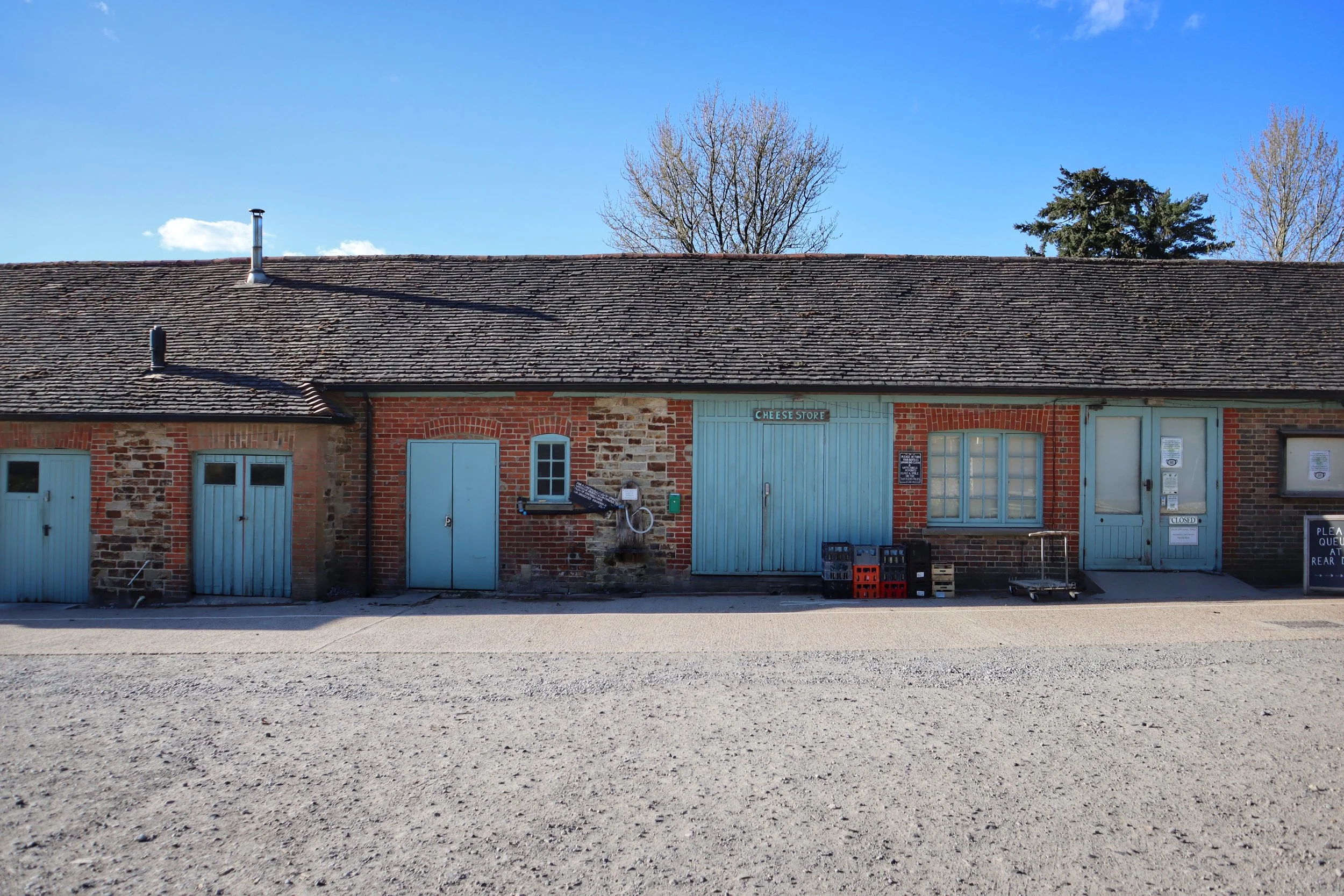Finding an alternative to chicken
Jayne Duveen
At the beginning of October, the sad news that Springfield Farm are no longer able to continue their business of supplying us with chicken, reached us by post.
This was the most unsettling message that we have received at Plaw Hatch butchery since we began six years ago, and it really hit home. This is the first time that one of our suppliers has been forced out of business through no fault of their own, considering they are a family firm that has been rearing poultry for three generations.
As you are all aware, Springfield was forced to put their prices up by 30% in the spring of this year. This was due to sharp increases in grain and utility costs due to the war between Russia and Ukraine. A 30% increase is now not enough due to the recent increase in interest rates and further increases in utility prices. The final straw is the latest Avian influenza outbreak which continues to be the worst ever experienced in this country.
So, where does this leave us – the Plaw Hatch customer and consumer? We have had talks with Tablehurst Farm and they are going to rear more birds for us in the future. However, this cannot happen overnight. It takes at least 12 weeks to rear a chicken. This means that we have a gap until January 2023. You will be pleased to hear that the turkeys are not affected as Springfield are honouring the order that was placed by us as long ago as last spring.
Until January, we at the butchery and in the shop will do all that we can to provide a suitable alternative to chicken. We will ensure that there is plenty of game and we are even going to trial goat meat which is coming from Carolyn who provides us with goats’ cheese. These goats are originally from Edwina who was our original goats’ milk supplier.
With so much uncertainty around, could this be a time to reflect and ask ourselves questions? What this news has done for me personally is to question whether chicken should be so regular in my weekly food choice. The huge demand for chicken worldwide has led to the demise of the natural life of the bird due to the willingness for most suppliers and retailers to provide the cheapest bird possible.
Paying extra for an organic bird, as we do at Plaw Hatch, is one way of ensuring that the bird’s life is as good as it can be. However, this still brings up questions for me. What are the best choices available when purchasing meat?
Poultry production is currently heavily reliant on grain production. Some of this grain, even though organic, comes from as far a field as Ukraine. Shouldn’t I be purchasing mainly pasture fed beef and lamb that is produced locally? Not only would I be helping to reduce the air miles used to ship in feed for the birds, I could also be helping to achieve net zero carbon emissions by purchasing meat that is not reliant on grain and instead raised on grassland that acts as a carbon sink.
There is also the question of needing to transport the chickens from as far away as Herefordshire, the home of Springfield. Even when researching a replacement chicken supplier, the potential farms stretch as far away as Dorset, Somerset, Devon and Wales. Most local organic chicken suppliers have disappeared due to the costs of feed.
For me, it makes me all the more appreciative of the beef and lamb that we can sell as it is best suited to our native Sussex land. In the future I hope to see more local, poultry and pig rearing that dovetails into our grassland management with less reliance on grain.
Now, I’m not saying that I’m not going to buy a turkey to adorn my Christmas table this year. Personally, I would swap the bird for a hunk of our own farmed beef or lamb any day. However, wanting to keep the peace within our household, the Christmas tradition will continue. Perhaps though by prodding my family gently they will think more about how their purchasing habits can play a role in shaping their world.
I don’t like change but it seems that we are all going through a period where we are being forced to. So, let’s embrace it by asking questions to see if we can find an alternative and a good one at that.
I wonder how all involved in the stewardship of Springfield Farm are affected by the change they are going through and whether they can find something positive out of it – I really do hope so.






